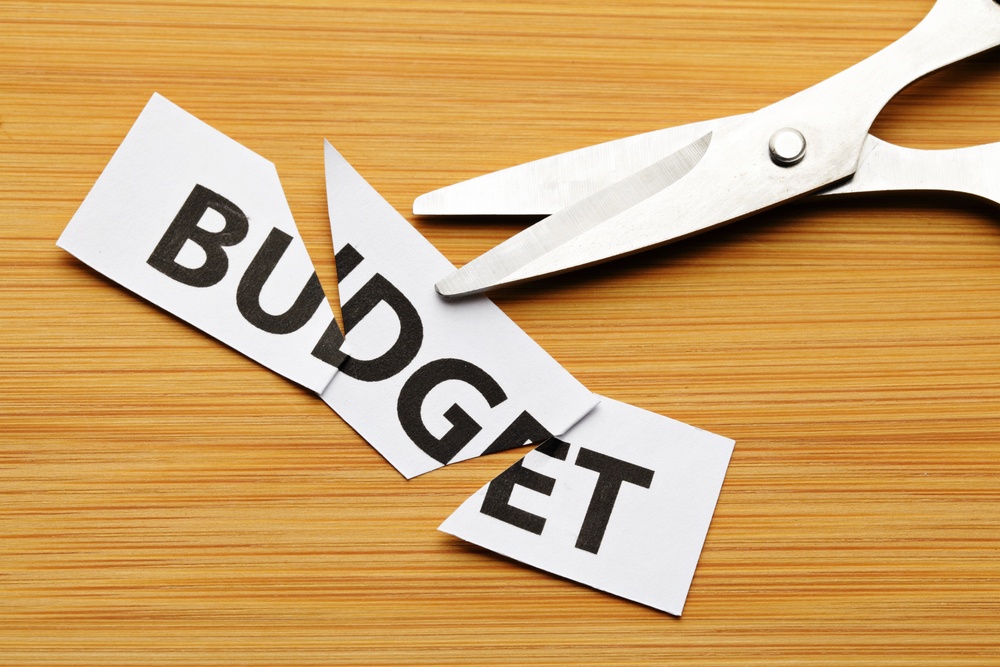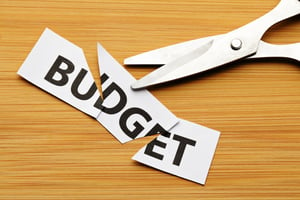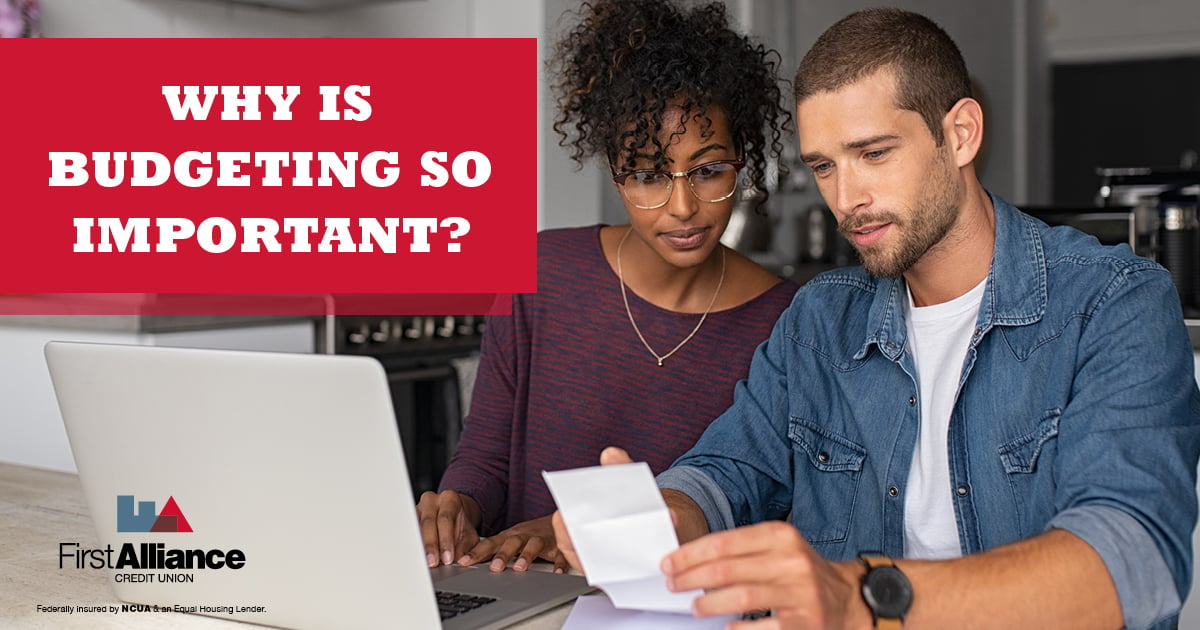Why is Budgeting so Important?
Ask any financial expert what you have to do to control personal finances, and they’ll tell you the first step is creating a budget. For that matter,...
2 min read
 Chris Gottschalk
:
Nov 3, 2022 4:45:00 AM
Chris Gottschalk
:
Nov 3, 2022 4:45:00 AM

If there’s one thing almost all financial experts can agree on, it’s that a budget is the foundation of financial success. It puts you in control of your money, helps you prioritize spending and lets you stop worrying about your finances. So why do so many people still not have a monthly budget?
One of the biggest reasons might be the word itself.
 Let’s be honest, the word “budget” doesn’t have the best reputation. When most people think about living on a budget, the first thing that comes to their mind isn’t being able to spend money without worry or being in control of their finances. To them, the word “budget” means a joyless existence where all their money must go towards paying bills or put in their savings accounts, with nothing left over for them to do anything fun.
Let’s be honest, the word “budget” doesn’t have the best reputation. When most people think about living on a budget, the first thing that comes to their mind isn’t being able to spend money without worry or being in control of their finances. To them, the word “budget” means a joyless existence where all their money must go towards paying bills or put in their savings accounts, with nothing left over for them to do anything fun.
While anyone who’s actually made a budget knows this isn’t the case, it doesn’t change the fact that if someone believes the cost of financial stability is being able to enjoy themselves, they might decide that stability is overrated.
If the word “budget” makes you uncomfortable, one solution might be to replace it with a less scary-sounding phrase. A popular phrase that financial experts are starting to use is “spending plan.”
You might feel that calling a budget a spending plan is a trivial change, especially since a budget IS a spending plan. However, when you call a budget a spending plan you put yourself in the mindset of how you'll spend their money. In other words, it makes you think about paying for items like rent and groceries as choices, instead of necessary expenses.
The result is that instead of being forced into a financial straitjacket, you're making the choice to be responsible. It makes you feel good about your spending choices and gives you incentive to make more financially sound choices, such as putting aside money for an emergency fund.

Even if you’re not on board with the phrase “spending plan,” you can still reframe the concept of budgeting to be more positive by talking about the result of budgeting rather than the process of budgeting itself.
 This idea is similar to the concept of going on a diet versus getting in shape. Nobody likes the idea of going on a diet and restricting what they eat. On the other hand, almost everyone loves the idea of getting in shape, and if you focus on the end result of getting in shape, you'll have less of a problem restricting what you eat to achieve your goal.
This idea is similar to the concept of going on a diet versus getting in shape. Nobody likes the idea of going on a diet and restricting what they eat. On the other hand, almost everyone loves the idea of getting in shape, and if you focus on the end result of getting in shape, you'll have less of a problem restricting what you eat to achieve your goal.
If the idea of what budgeting represents bothers you, think about the results you want instead. Imagine being able to afford that new car you’ve wanted, finally getting out from under your credit card bills or just the relief of not having to live paycheck to paycheck. Once you have some financial goals firmly set in your mind, the odds are good you won’t feel too bad about making a budget to help you achieve them.
Making a budget is the first step on your journey to stability and financial success, but a lot of people hate the restrictiveness that budgeting represents. If you don’t like the thought of budgeting, think of it another way, either by calling it a different name or by focusing on the end result instead of the process itself.
If you need help creating a budget, First Alliance Credit Union has you covered. We offer several resources for anyone looking to create a budget, including a guide to budgeting and a budget worksheet. You can also access the My Money feature in our online banking platform to see how you’ve spent your money and use that information to create your new plan.

Ask any financial expert what you have to do to control personal finances, and they’ll tell you the first step is creating a budget. For that matter,...

So you’ve finally arrived. After years of effort, you’ve joined the elite class of Americans that make over $100,000 a year. Now’s the time to cut...

When you decide to move to a new place, you have to figure out the answer to a lot of questions, such as how you’ll move all your belongings and when...